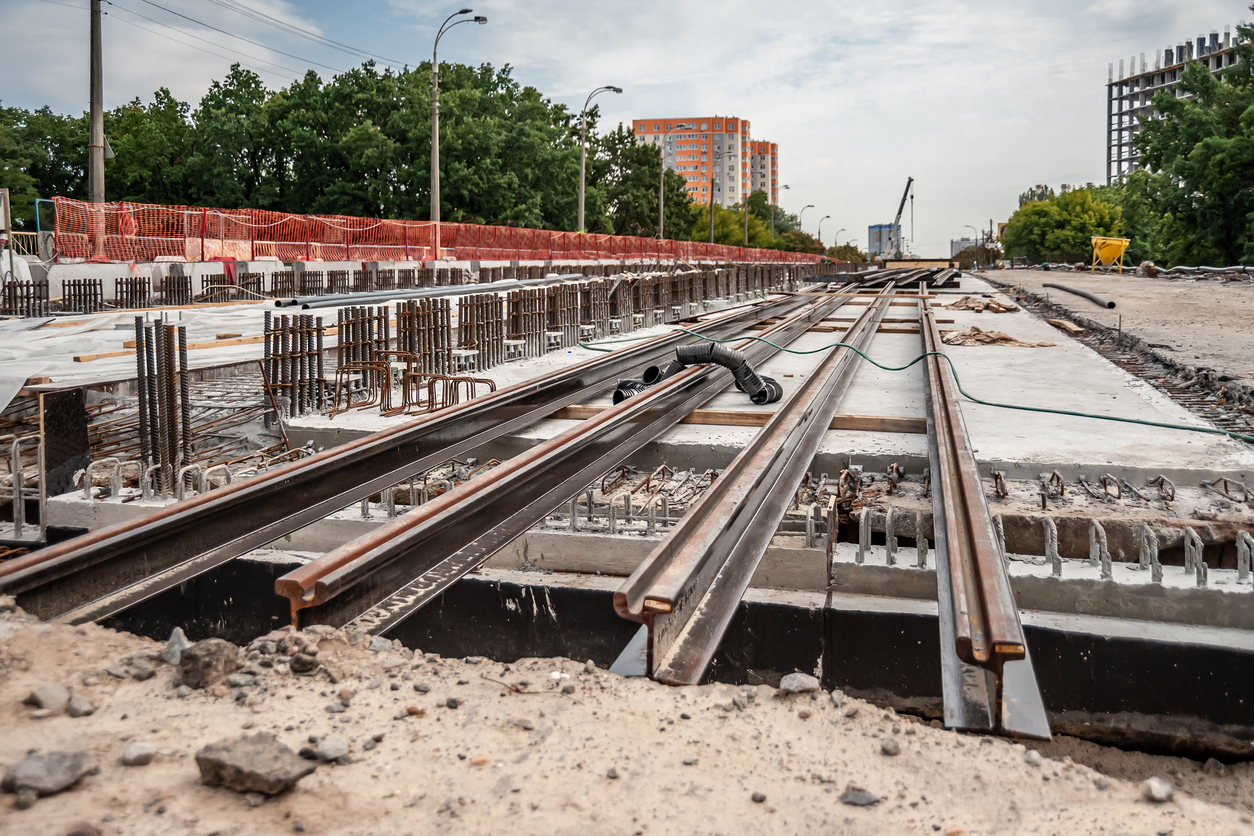Transportation bureaucrats ask that you not let your freedom harm their plans

People need to sacrifice freedom to comply with government plans. At least, that’s the opinion of “experts” surveyed by the Washington State Department of Transportation (WSDOT).
At the request of Washington State Department of Transportation Secretary Roger Millar, the agency conducted a series of interviews to determine the government’s role in shaping the future of transportation (and specifically, the idea of mobility on demand or MOD) in our state.
Unsurprisingly, the conclusion was heavily biased in favor of government-controlled, transit-based solutions. Although the document is a collection of views from interviewees WSDOT chose, these views seem to align with those of the public agency. In fact, WSDOT officials have supported a number of policies that aim to reduce single occupant driving and vehicle ownership because Secretary Millar, like some other local agency leaders, believes vehicles and the personal autonomy they allow promote sprawl.
The interviewees were asked about the future of MOD, risks and concerns, and the recommended role of government, which included providing a regulatory framework and mitigating risks.
When asked about their ideal vision for the future of mobility on demand, interviewees said that new technology must support and “strengthen public transit” – not weaken or replace it by being competitive. In other words, disruptive technology should be made undisruptive to conform to the plans of government officials.
Interviewees also said they want people to try new modes of travel and “experience the freedom of mobility without significant impacts on the public good.” WSDOT doesn’t define what the “public good” is, or who has the right or wisdom to determine the public good for several million residents in our state.
When asked about risks or concerns, interviewees said they were worried that new technology would allow apps to, “manipulate consumer behavior in favor of the most profitable modes…[driving] consumers toward modes that conflict with the public good.”
Further, the interviewees said they were worried that, “wealthy users [would] abandon public transit in favor of marketplace alternatives. Public transit, in turn, [would suffer] from lack of investment and users.” Even if the alternatives the market produces are useful and improve everyone’s lives, this response makes it clear that supporting regressive subsidies for public transit, which is increasingly used by wealthy people who do not need the subsidy, is the real objective.
Additionally, they said they were concerned transportation would become “economically stratified,” and “low-income individuals [would be] unable to access the benefits of new transportation investments.” This, too, stood out since one of the region’s “new transportation investments” is Sound Transit’s light rail expansion, which primarily serves the rich.
Finally, WSDOT asks questions about mitigating risk of mobility on demand. Interviewees suggest promoting a “transit-centric approach” that brings people “to high-capacity backbone systems.” A transit-centric approach is a purely political approach because it puts mode before movement. Public officials should be uncompromisingly pro-movement, not pro-transit or pro-car or pro-bike. They should focus on solutions that move people from where they are to where they want to be in the fastest, most cost-effective ways. Putting transit first, and attempting to regulate competitive, useful options that people like and want to use to move about, is undemocratic.
We are on the cusp of new, innovative transportation technologies. Wiser heads need to prevail and let the private sector develop ideas that increase our freedom of movement. These solutions can improve mobility for all commuters and not just a chosen few.






